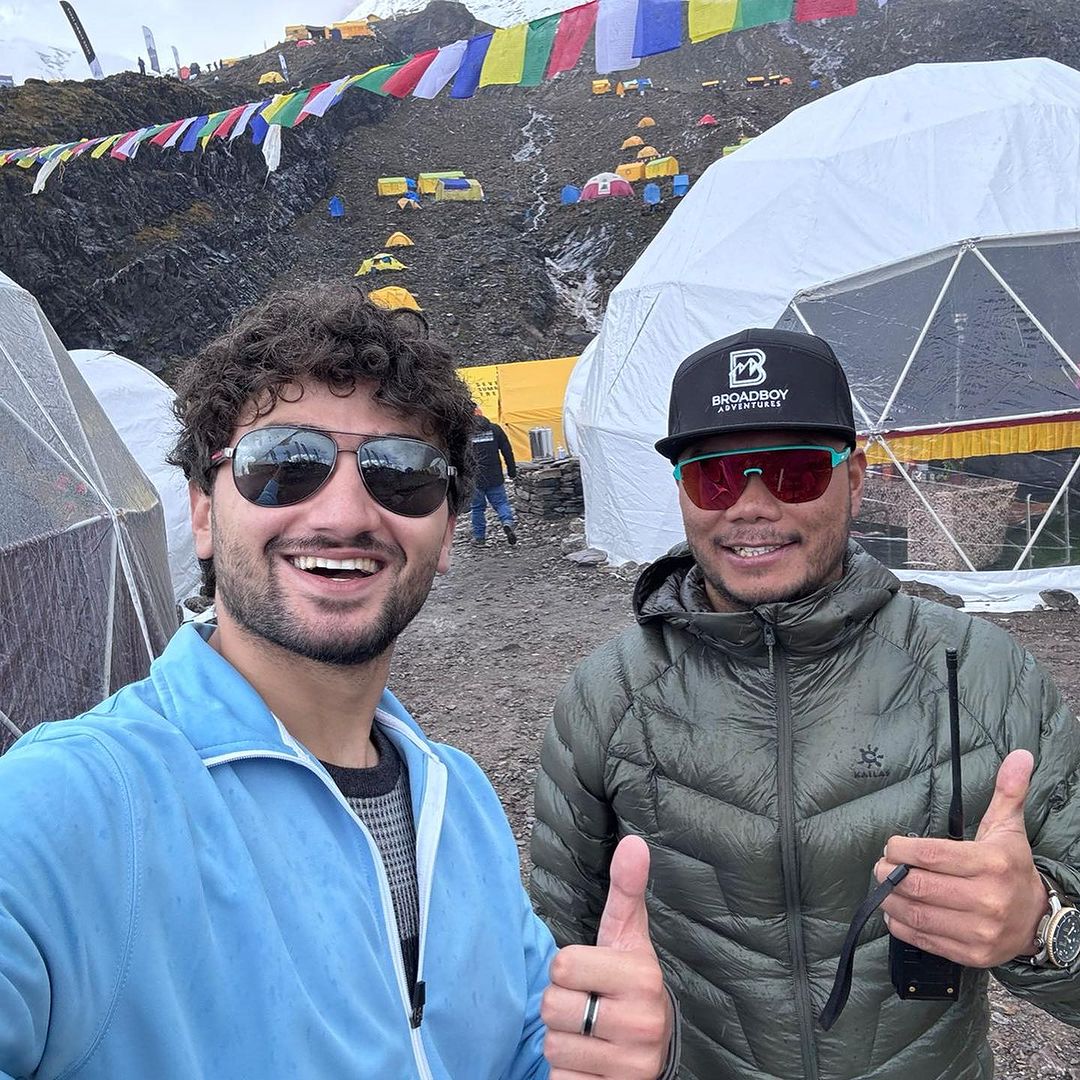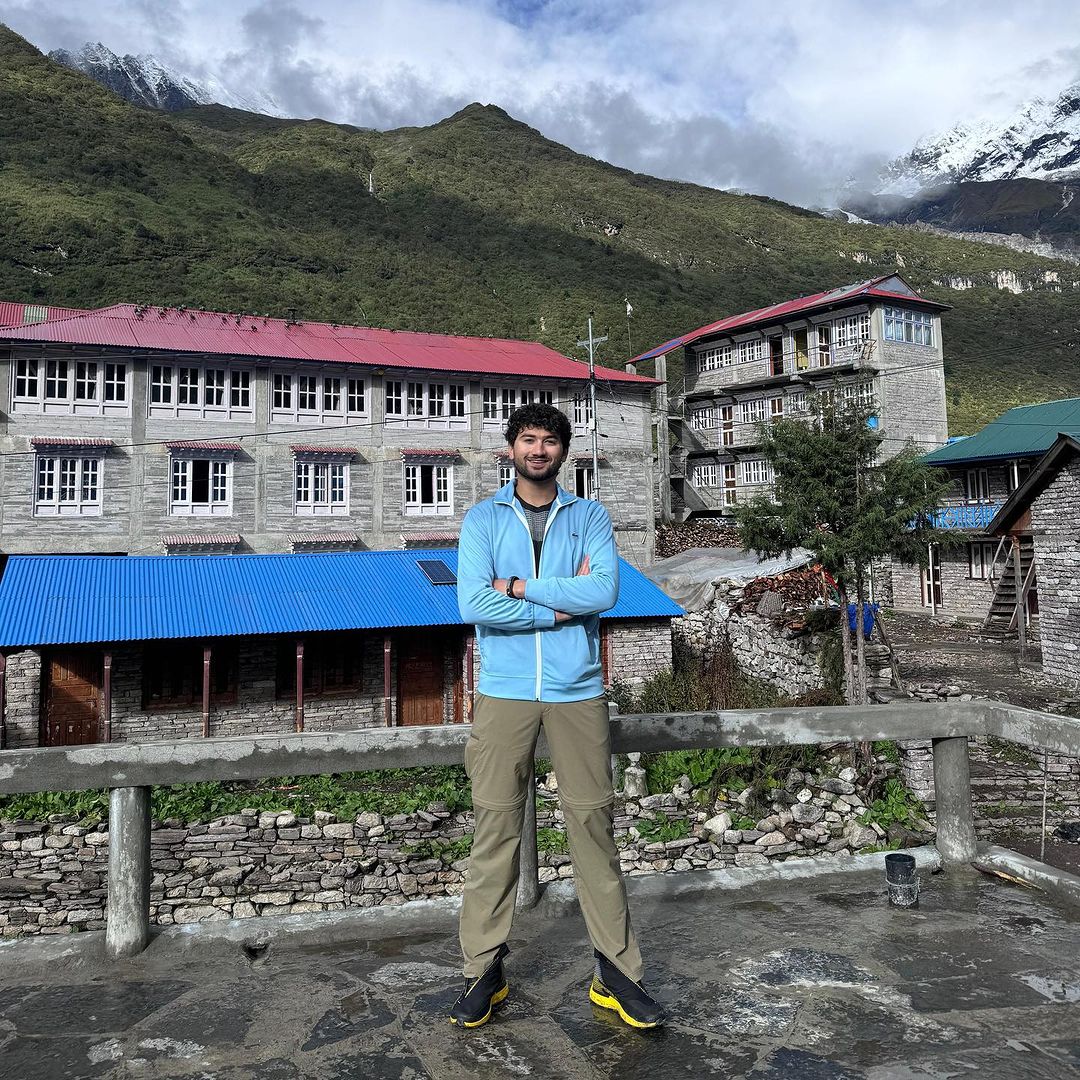QUETTA/KARACHI: Interior Minister Mohsin Naqvi on Monday blamed Baloch separatists and the Tehreek-e-Taliban Pakistan (TTP) for multiple militant attacks and other acts of violence in the southwestern Balochistan province in the last 24 hours in which over 50 people were killed, excluding insurgents.
Pakistan’s largest province of Balochistan, which borders Iran and Afghanistan and is home to major China-led projects such as a strategic port and a gold and copper mine, has been the site of a decades-long separatist insurgency by ethnic Baloch militants, who say they are fighting what they see as the unfair exploitation of the province’s mineral and gas wealth by the federation at the center. The state denies the allegations, saying it is working for the uplift of the impoverished province through various development schemes.
The eruption of violence at multiple districts of the province on Sunday night poses a major challenge for the weak coalition government of Prime Minister Shehbaz Sharif, which is battling an economic crisis and political instability as well as a rise in militant violence by religiously motivated and separatist groups across the country. Balochistan is also currently in the grips of civil rights protests by young ethnic Baloch people, who are calling for an end to what they describe as a pattern of enforced disappearances and other human rights abuses by security forces, who deny the charge.
In the violence that began on Sunday evening, 23 passengers were taken off their vehicles in Musa Khel, a district in the northeast of Balochistan, and shot dead. In another attack, the Pakistan Army said it had killed 21 militants during a clearance operation in which 14 soldiers and police also died. Separately, 10 people, including five security forces personnel, were killed when militants stormed a paramilitary force station in Kalat, while militants also blew up a railway bridge in Bolan in Balochistan’s Kachhi district. Six as yet unidentified bullet-riddled bodies were also found near the bridge, with the circumstances of the killings unclear.
On Sunday, the Baloch Liberation Army (BLA), the most prominent of several separatist groups operating in Balochistan, said it had attacked a security forces’ camp in Bela area of the Lasbela district, claiming to have killed 68 “enemy personnel.”
“The TTP and many foreign elements are involved in these attacks. We will unmask them all,” Interior Minister Naqvi told reporters, saying militants operating from safe havens in neighboring Afghanistan were launching attacks in Pakistan, a charge denied by Kabul.
“We know who planned this and who is behind them. They thought carefully and conducted the attacks in a single day,” he said. “The entire leadership has decided that we will respond to them with full force.”
WIDESPREAD ASSAULT
In the first of many attacks on Sunday evening, a senior police official said passengers were taken off vehicles in Musa Khel and at least 23 were shot dead after they were identified as hailing from the Punjab province. Militants also burnt at least 35 trucks, buses and other vehicles.
“Twenty-three people were killed after armed men took them off from vehicles and goods trucks near Rara Sham, an area in Musa Khel,” Ayoub Achakzai, senior superintendent of police in the district, told Arab News on Monday morning.
The army’s media wing said soldiers and other law enforcement “immediately responded and successfully thwarted the evil design of terrorists,” killing 21 militants during a clearance operation.
“However, during the conduct of operations, fourteen brave sons of soil including ten Security Forces soldiers and four personnel of law enforcement agencies, having fought gallantly, made the ultimate sacrifice and embraced shahadat [martyrdom],” the army said.
In a televised press conference, Balochistan Chief Minister Sarfraz Bugti said that “people were taken off buses and killed in front of their families.”
No one has claimed responsibility for the Musa Khel killings yet but in the past, separatists in Balochistan have often killed workers from the country’s eastern Punjab province, who they see as outsiders exploiting the province. Most of such previous killings have been blamed on the outlawed BLA and other groups demanding independence from the central government in Islamabad.
In another attack, SSP Dostain Khan Dashti said ten people, including five from security forces, were killed when unidentified gunmen stormed a station of the Balochistan Paramilitary Levies Force in the central district of Kalat.
“The firing by armed men has left one policeman, four Levies personnel, and five citizens dead,” Dashti said.
Separately, Pakistan Railways suspended train services between Quetta and Sibi on Monday after a key railway bridge near the Dozan area of Bolan was blown up in wee hours of Monday.
“Security forces have cordoned off the area and Pakistan Railways’ team has reached the site to assess the damages,” a Railways spokesman said.
“Quetta-Sibi highway is blocked for traffic after terrorists destroyed a railway bridge during early hours of Monday and the debris of the bridge fell on the highway,” Kachhi SSP Dost Muhammad Bugti told Arab News, without naming any group behind the assault.
Police in Bolan — a rugged, mountainous area of Kachhi district — said they had found six bullet-riddled bodies close to the destroyed bridge during the early hours of Monday. The circumstances of the killings were unclear and the bodies have yet to be identified.
ATTACK ON ARMY CAMP
On Sunday, the BLA said it had attacked an army camp in the Bela city of Balochistan’s Lasbela district, located around 515 kilometers from the provincial capital of Quetta.
A senior police officer in Bela confirmed the attack on the military camp.
“Security clearance operation is going on as we can still hear sounds of gunshots and explosions from the camp,” Bela police station in-charge Attaullah Jamoot told Arab News.
The army did not comment on the attack on the Bela camp in its statement, but said militants had attempted to conduct “numerous heinous activities” in Balochistan on the night of Aug. 25-26.
“These cowardly acts of terrorism were aimed at disrupting the peaceful environment and development of Balochistan by targeting mainly the innocent civilians, especially in Musa Khel, Kalat and Labela Districts. Resultantly, numerous innocent civilians embraced shahadat,” the army said.
Video clips widely shared on WhatsApp and X showed long queues of vehicles lined up on various sections of the key Quetta-Karachi highway in the Kalat and Mastung districts of the province.
The BLA said it had “taken full control of all major highways across Balochistan, blocking them completely.”
“The situation is not good in Khad Kocha,” Abdul Shakoor, a paramilitary Levies soldier, told Arab News about an area in the Masung district, some 67 kilometers from Quetta. “There are reports that armed persons have blocked the highway, and they have blown up the Pakistan-Iran railway track near Khad Kocha.”
Shakoor said there was no confirmation as yet of any casualties.
The state-run Radio Pakistan broadcaster said “terrorists have carried out cowardly attacks at several places,” without specifying where the assaults took place.
“Security forces and law enforcement agencies responded effectively to these attacks, twelve terrorists have so far been killed and many others are injured,” the broadcaster said. “The operation will continue until the terrorists are eliminated.”
Balochistan CM Bugti said more intelligence-based operations would be launched to weed out militants, hinting at curtailing mobile data services to stop militant coordination.
“They launch attacks, film it and then share it on social media for propaganda,” he said.
Meanwhile, General Li Qiaoming, commander of China’s People’s Liberation Army Ground Forces, and Pakistan’s army chief General Asim Munir met on Monday, though a Pakistani military statement released after the meeting made no mention of the attacks.
The latest attacks coincide with the 18th anniversary of the killing of Nawab Akbar Khan Bugti, a prominent Baloch politician and tribal chief who was killed in a military operation on Aug. 26, 2006, sparking deadly protests and inflaming the insurgency in Balochistan.
The impoverished province has seen an uptick in violence in the last few weeks, with separatist groups intensifying attacks ahead of and during Independence Day celebrations earlier this month, in which at least four people were killed.
Pakistan says Baloch separatists, local Taliban group behind attacks killing over 50 in southwest
https://arab.news/zn6gp
Pakistan says Baloch separatists, local Taliban group behind attacks killing over 50 in southwest

- Militants launched multiple attacks across Balochistan, with both security forces and insurgents claiming dozens of killings
- Balochistan Chief Minister Sarfraz Bugti says more intelligence-based operations would be launched to weed out militants



















